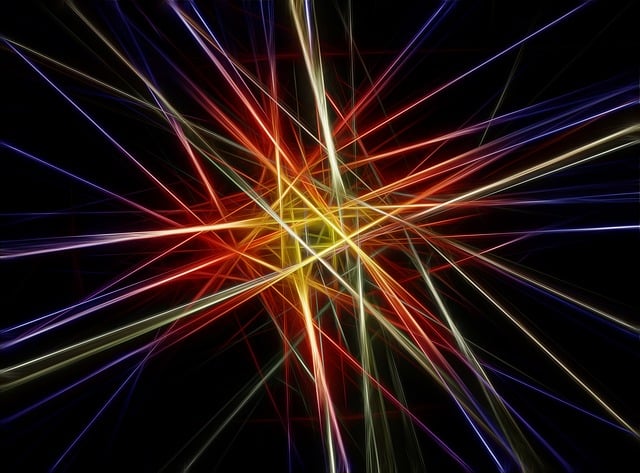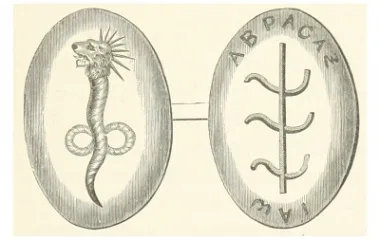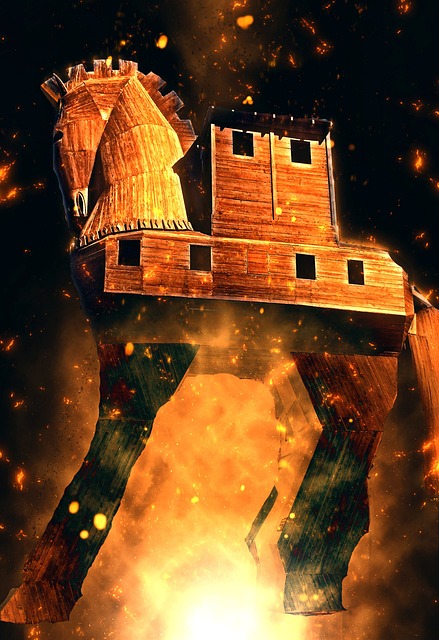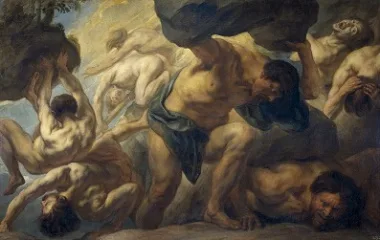Greek Concepts Chaos
Contents
Greek Concepts of Chaos: An Overview
Greek mythology is filled with intriguing concepts and ideas that continue to capture the imagination of people around the world. One such concept is the idea of chaos, which plays a significant role in the creation and structure of the universe according to Greek mythology. In this article, we will explore the various Greek concepts of chaos, its significance, and its influence on the ancient Greek worldview.
The concept of chaos in Greek mythology is complex and multifaceted, with different interpretations and meanings depending on the context in which it is used. In order to understand the significance of chaos in Greek mythology, it is important to first examine the different ways in which it is portrayed and understood.
One of the key aspects of chaos in Greek mythology is its role as a primordial state of existence, preceding the creation of the world as we know it. In this sense, chaos represents a state of formless, shapeless potentiality, from which the gods and the universe itself emerged. This concept of chaos as a primordial state is deeply intertwined with the creation myths of ancient Greece, and it provides a foundation for understanding the origins of the world and the forces that govern it.
The Personification of Chaos
In addition to its role as a primordial state of existence, chaos is also personified in the form of a deity in some Greek myths. This personification of chaos as a divine being reflects the ancient Greeks’ understanding of the chaotic forces that underlie the natural world. In some myths, chaos is depicted as a powerful and uncontrollable force, representing the unpredictable and untamed aspects of nature.
The personification of chaos as a deity also serves to highlight the dual nature of chaos in Greek mythology. On the one hand, chaos is a destructive and disruptive force, capable of bringing about disorder and upheaval. On the other hand, chaos is also a creative and generative force, giving rise to new forms and possibilities. This duality is a central aspect of the Greek understanding of chaos, and it is reflected in the diverse ways in which chaos is represented in mythology and art.
One of the most well-known depictions of chaos as a deity is found in the work of the ancient Greek poet Hesiod, who described chaos as the first of the primordial deities to emerge at the beginning of the world. According to Hesiod’s Theogony, chaos was the origin of all things, and from chaos emerged the first gods and the natural order of the universe. This portrayal of chaos as a divine being underscores its fundamental role in the creation and structure of the cosmos, and it emphasizes the ongoing influence of chaos in the world.
Chaos and Order: The Cosmic Balance
Another important aspect of the Greek concept of chaos is its relationship to order and the cosmic balance. In Greek mythology, chaos is often portrayed as a force that exists in tension with the principle of order, and the interplay between these two forces is seen as essential to the functioning of the universe.
According to Greek cosmology, the universe is governed by a delicate balance between chaos and order, with chaos representing the raw potentiality from which all things emerge, and order representing the organizing principle that gives shape and structure to the world. This balance between chaos and order is reflected in the myths and stories of ancient Greece, where the struggle between these opposing forces is a recurring theme.
One of the most famous examples of the interplay between chaos and order in Greek mythology is the story of the Titanomachy, the war between the Titans and the Olympian gods. In this myth, the Titans, who represent the forces of chaos and disorder, are pitted against the Olympian gods, who embody the principles of order and stability. The outcome of this conflict ultimately determines the fate of the cosmos, and it highlights the ongoing struggle between chaos and order in the Greek worldview.
Chaos in the Modern World
Although the concepts of chaos in Greek mythology are rooted in ancient beliefs and traditions, they continue to resonate in the modern world, shaping our understanding of the natural world and our place within it. The enduring significance of chaos in Greek mythology is reflected in its influence on contemporary art, literature, and popular culture, where it continues to inspire new interpretations and creative expressions.
One of the most notable examples of the enduring influence of chaos in the modern world is the concept of chaos theory in science and mathematics. Chaos theory, which explores the behavior of dynamic systems that are highly sensitive to initial conditions, draws inspiration from the ancient Greek understanding of chaos as a fundamental and unpredictable force. This connection between ancient mythology and modern science highlights the enduring relevance of the Greek concepts of chaos, and it underscores the ongoing impact of these ideas on our understanding of the world.
In addition to its influence on scientific thought, the concept of chaos in Greek mythology continues to inspire artists, writers, and thinkers from around the world. The rich symbolism and depth of meaning associated with chaos in Greek mythology provide fertile ground for creative exploration and interpretation, and they offer a window into the complex and multifaceted nature of the human experience.
Conclusion
The concepts of chaos in Greek mythology offer a fascinating glimpse into the ancient Greeks’ understanding of the natural world and the forces that govern it. From its role as a primordial state of existence to its personification as a divine being, chaos is a complex and multifaceted concept that has left a lasting impact on human thought and creativity.
By exploring the various aspects of chaos in Greek mythology, we gain a deeper appreciation for the rich symbolism and meaning associated with this concept, and we come to understand its ongoing relevance in the modern world. Whether as a force of creation and potentiality, a deity with dual nature, or a fundamental aspect of the cosmic balance, chaos continues to inspire and intrigue, inviting us to explore its mysteries and contemplate its significance in our lives.
Share this content:




Post Comment